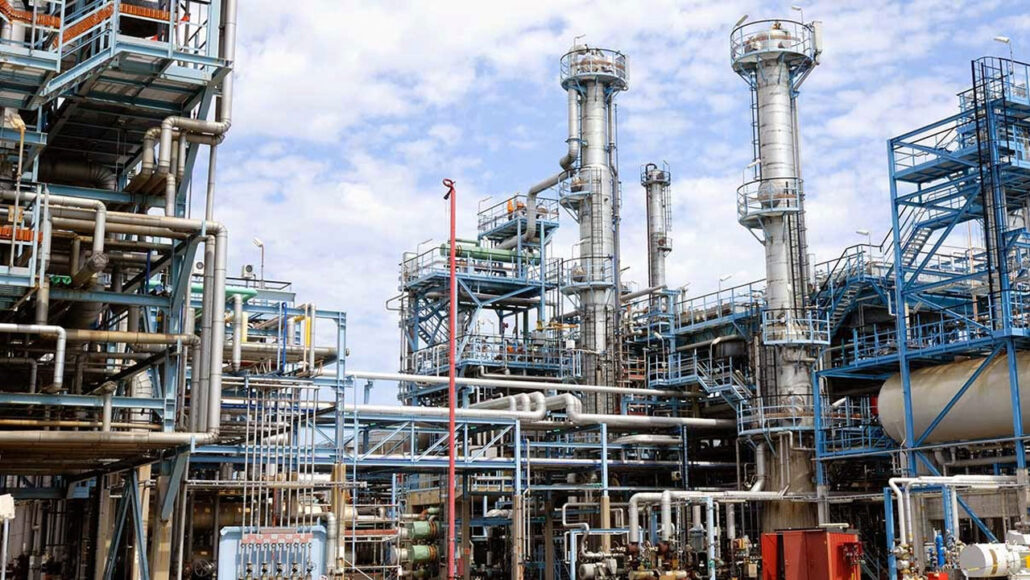Oil producers in Nigeria, under the Independent Petroleum Producers Group (IPPG), have expressed opposition to being compelled to sell crude oil to the Dangote Refinery and other local refineries.
The group warned against any move to mandate such sales, calling instead for the Nigerian National Petroleum Company Limited (NNPC) to redirect its allocated crude volumes to local refiners in order to address the ongoing crude supply shortages affecting local product availability across Nigeria.

In a letter dated August 16, 2024, addressed to the Chief Executive of the Nigerian Upstream Petroleum Regulatory Commission (NUPRC), Gbenga Komolafe, IPPG Chairman Abdulrazak Isa urged the NNPC to utilize its allocated 445,000 barrels per day intervention volume to mitigate the shortfall, a strategy it has employed in the past. Isa noted that while some IPPG members already supply local refineries, the NNPC is best positioned to meet domestic supply needs through its statutory crude allocation.
Historically, the NNPC has used this allocation to satisfy domestic consumption by importing refined products through various swap mechanisms. With the increase in domestic refining capacity, Isa suggested the NNPC should reserve this volume for local refineries under a price hedge mechanism that could be facilitated by financial institutions like Afrexim Bank.
However, the IPPG insists that any national crude production above the allocated volume should remain for export, adhering to a “willing buyer, willing seller” framework, in line with international market practices. This, Isa argued, would allow refiners to export excess products, boosting Nigeria’s foreign exchange earnings.
“While we fully support and commend the efforts of Nigerian entrepreneurs to enhance domestic refining capacity, it is important that no private sector business is unduly pressured into arrangements that may effectively subsidise another within the oil and gas value chain under any guise whatsoever.
“Under this willing-buyer, willing-seller framework, it is essential for refiners to negotiate and execute long-term crude oil Sales and Purchase Agreements with producers and their marketing agents. These agreements should follow industry best practices, with typical tenures ranging from one to five years,’’ the IPPG chairman said.







